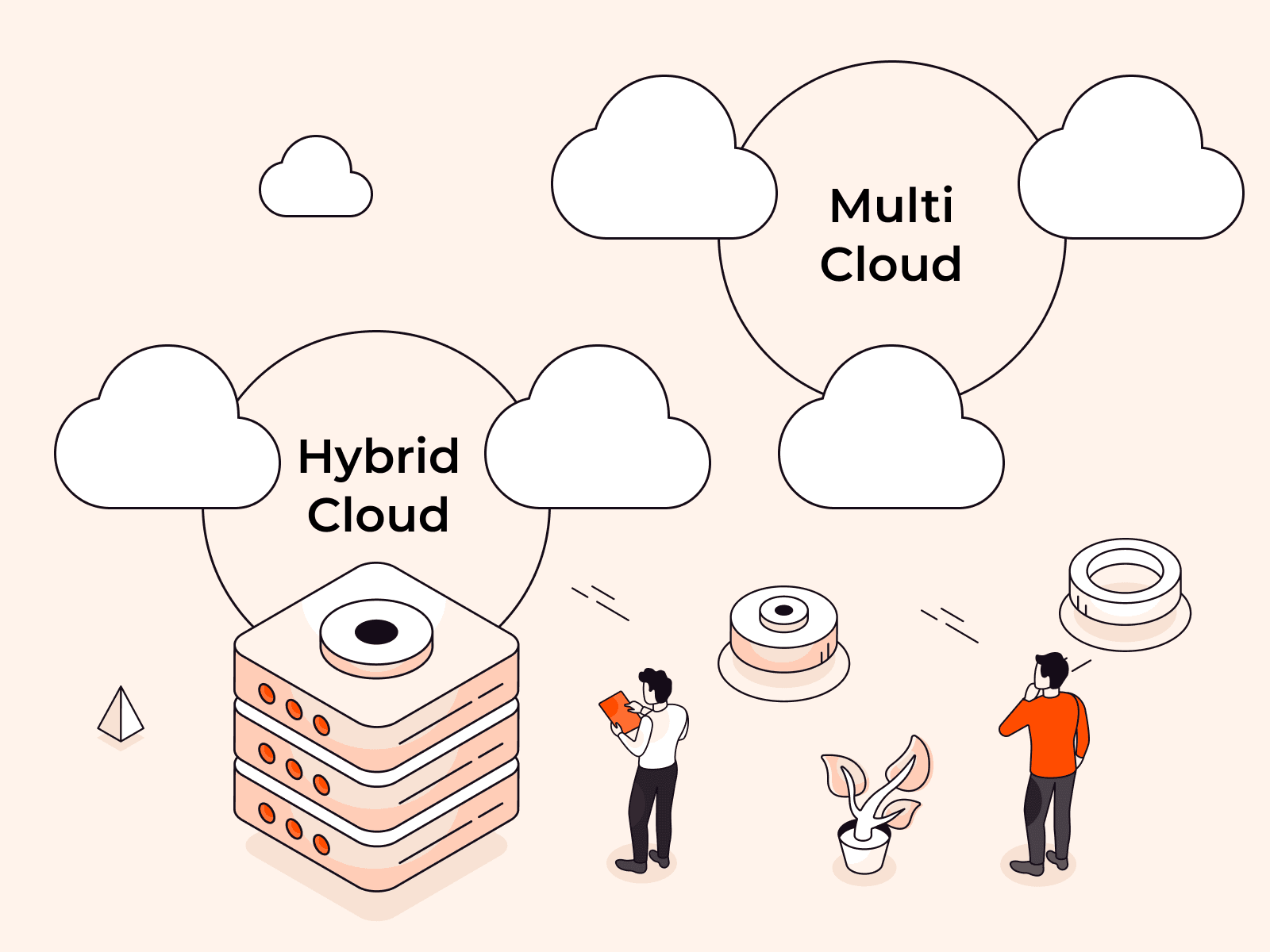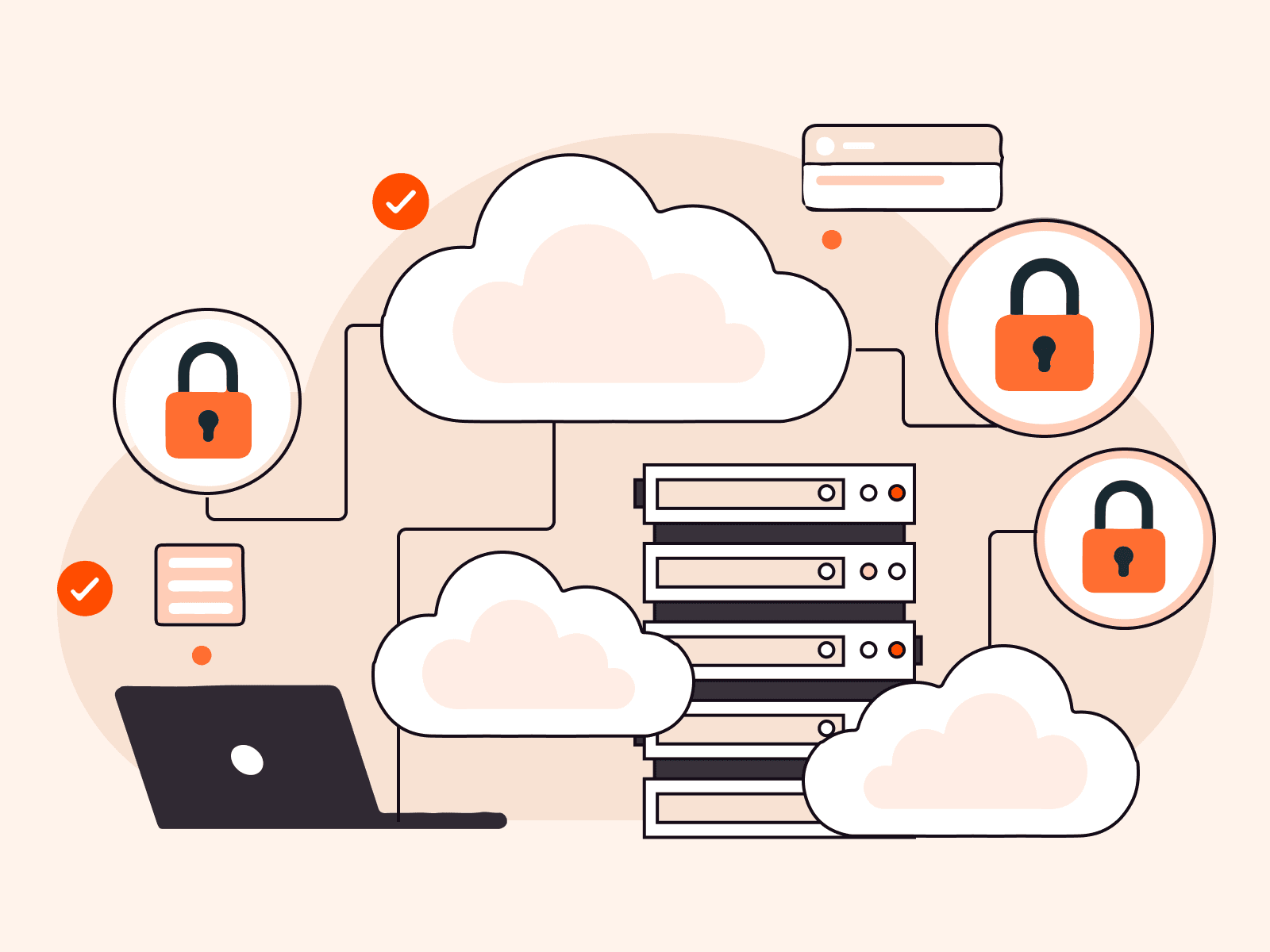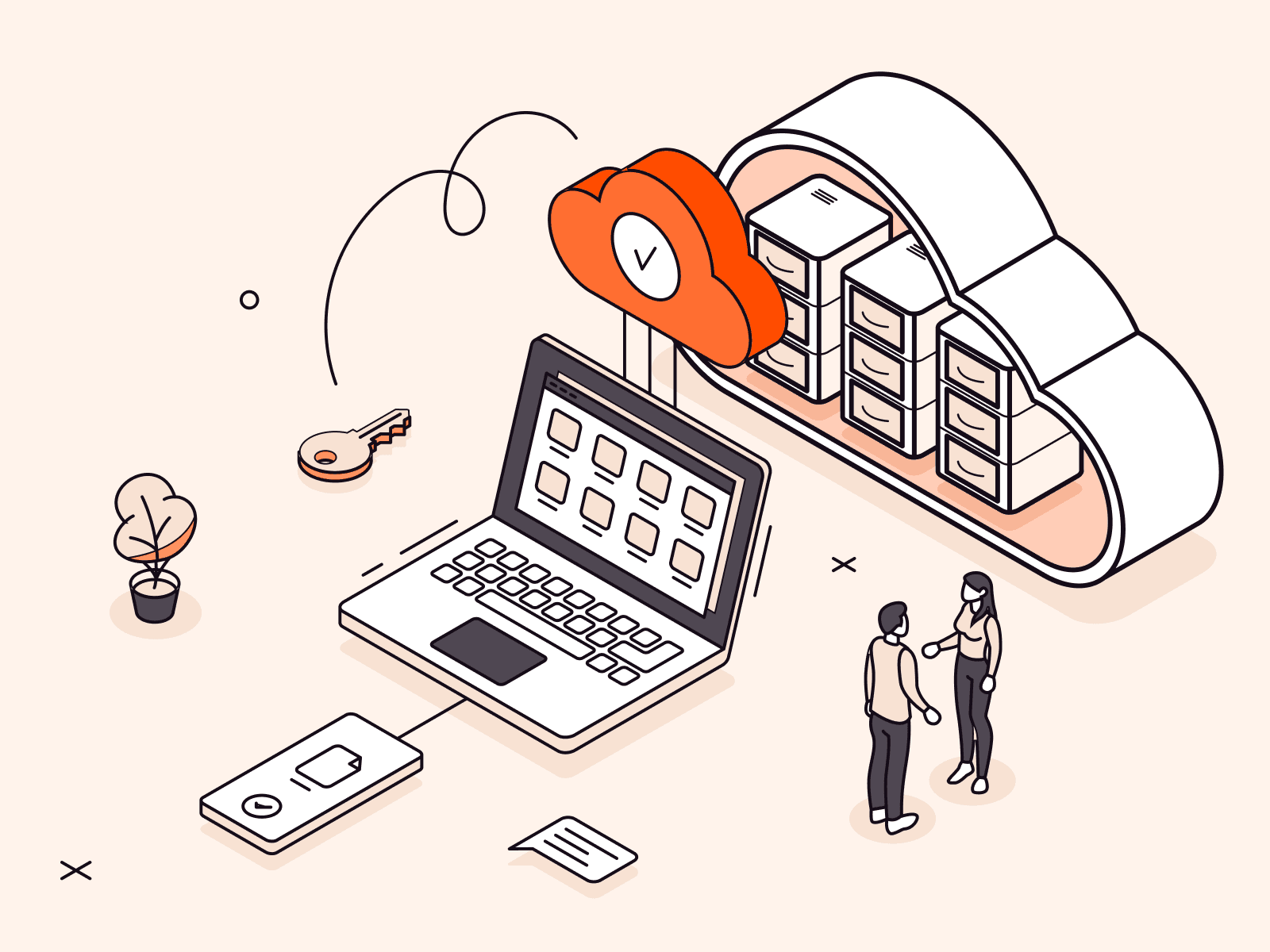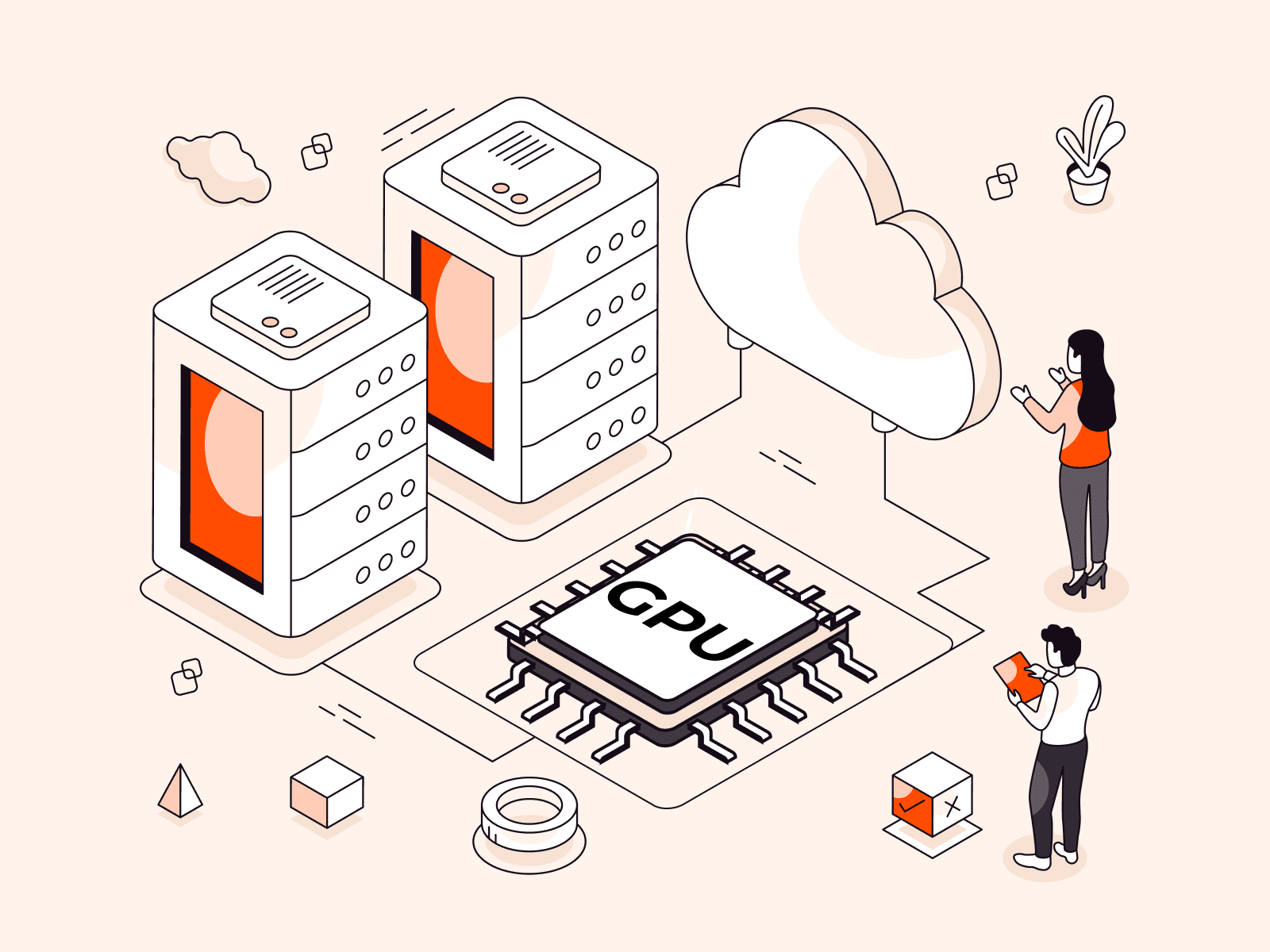Bare metal vs. virtual machines: performance, cost, and use case comparison
- By Gcore
- April 22, 2025
- 3 min read
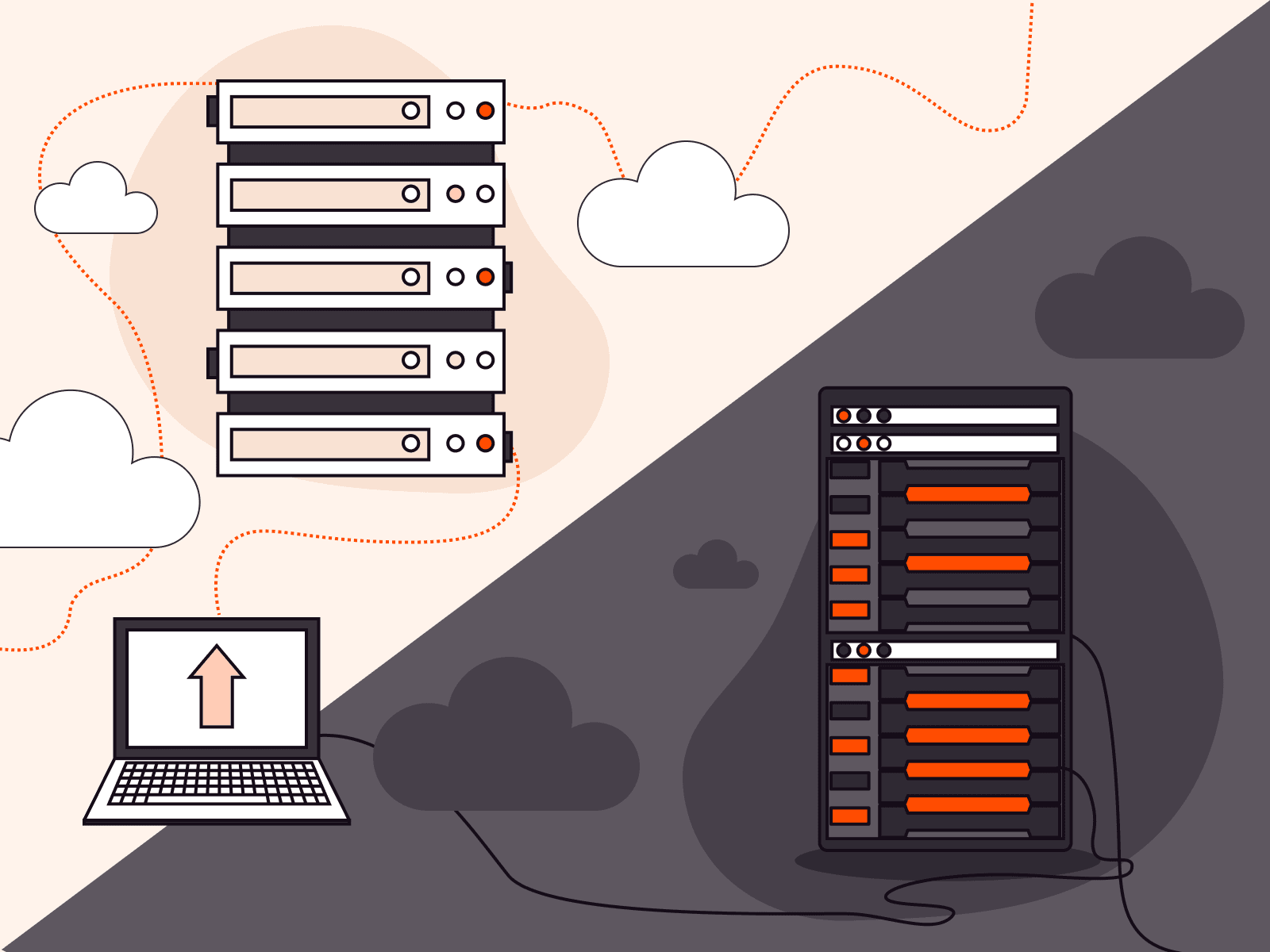
Choosing the right type of server infrastructure is critical to how your application performs, scales, and fits your budget. For most workloads, the decision comes down to two core options: bare metal servers and cloud virtual machines (VMs). Both can be deployed in the cloud, but they differ significantly in terms of performance, control, scalability, and cost.
In this article, we break down the core differences between bare metal and virtual servers, highlight when to choose each, and explain how Gcore can help you deploy the right infrastructure for your needs. If you want to learn about either BM or VMs in detail, we’ve got articles for those: here’s the one for bare metal, and here’s a deep dive into virtual machines.
Bare metal vs. virtual machines at a glance
When evaluating whether bare metal or virtual machines are right for your company, consider your specific workload requirements, performance priorities, and business objectives. Here’s a quick breakdown to help you decide what works best for you.
| Factor | Bare metal servers | Virtual machines |
| Performance | Dedicated resources; ideal for high-performance workloads | Shared resources; suitable for moderate or variable workloads |
| Scalability | Often requires manual scaling; less flexible | Highly elastic; easy to scale up or down |
| Customization | Full control over hardware, OS, and configuration | Limited by hypervisor and provider’s environment |
| Security | Isolated by default; no hypervisor layer | Shared environment with strong isolation protocols |
| Cost | Higher upfront cost; dedicated hardware | Pay-as-you-go pricing; cost-effective for flexible workloads |
| Best for | HPC, AI/ML, compliance-heavy workloads | Startups, dev/test, fast-scaling applications |
All about bare metal servers
A bare metal server is a single-tenant physical server rented from a cloud provider. Unlike virtual servers, the hardware is not shared with other users, giving you full access to all resources and deeper control over configurations. You get exclusive access and control over the hardware via the cloud provider, which offers the stability and security needed for high-demand applications.
The benefits of bare metal servers
Here are some of the business advantages of opting for a bare metal server:
- Maximized performance: Because they are dedicated resources, bare metal servers provide top-tier performance without sharing processing power, memory, or storage with other users. This makes them ideal for resource-intensive applications like high-performance computing (HPC), big data processing, and game hosting.
- Greater control: Since you have direct access to the hardware, you can customize the server to meet your specific requirements. This is especially important for businesses with complex, specialized needs that require fine-tuned configurations.
- High security: Bare metal servers offer a higher level of security than their alternatives due to the absence of virtualization. With no shared resources or hypervisor layer, there’s less risk of vulnerabilities that come with multi-tenant environments.
- Dedicated resources: Because you aren’t sharing the server with other users, all server resources are dedicated to your application so that you consistently get the performance you need.
Who should use bare metal servers?
Here are examples of instances where bare metal servers are the best option for a business:
- High-performance computing (HPC)
- Big data processing and analytics
- Resource-intensive applications, such as AI/ML workloads
- Game and video streaming servers
- Businesses requiring enhanced security and compliance
All about virtual machines
A virtual server (or virtual machine) runs on top of a physical server that’s been partitioned by a cloud provider using a hypervisor. This allows multiple VMs to share the same hardware while remaining isolated from each other.
Unlike bare metal servers, virtual machines share the underlying hardware with other cloud provider customers. That means you’re using (and paying for) part of one server, providing cost efficiency and flexibility.
The benefits of virtual machines
Here are some advantages of using a shared virtual machine:
- Scalability: Virtual machines are ideal for businesses that need to scale quickly and are starting at a small scale. With cloud-based virtualization, you can adjust your server resources (CPU, memory, storage) on demand to match changing workloads.
- Cost efficiency: You pay only for the resources you use with VMs, making them cost-effective for companies with fluctuating resource needs, as there is no need to pay for unused capacity.
- Faster deployment: VMs can be provisioned quickly and easily, which makes them ideal for anyone who wants to deploy new services or applications fast.
Who should use virtual machines?
VMs are a great fit for the following:
- Web hosting and application hosting
- Development and testing environments
- Running multiple apps with varying demands
- Startups and growing businesses requiring scalability
- Businesses seeking cost-effective, flexible solutions
Which should you choose?
There’s no one-size-fits-all answer. Your choice should depend on the needs of your workload:
- Choose bare metal if you need dedicated performance, low-latency access to hardware, or tighter control over security and compliance.
- Choose virtual servers if your priority is flexible scaling, faster deployment, and optimized cost.
If your application uses GPU-based inference or AI training, check out our dedicated guide to VM vs. BM for AI workloads.
Get started with Gcore BM or VMs today
At Gcore, we provide both bare metal and virtual machine solutions, offering flexibility, performance, and reliability to meet your business needs. Gcore Bare Metal has the power and reliability needed for demanding workloads, while online virtual machines offers customizable configurations, free egress traffic, and flexibility.
Related articles
Subscribe to our newsletter
Get the latest industry trends, exclusive insights, and Gcore updates delivered straight to your inbox.
